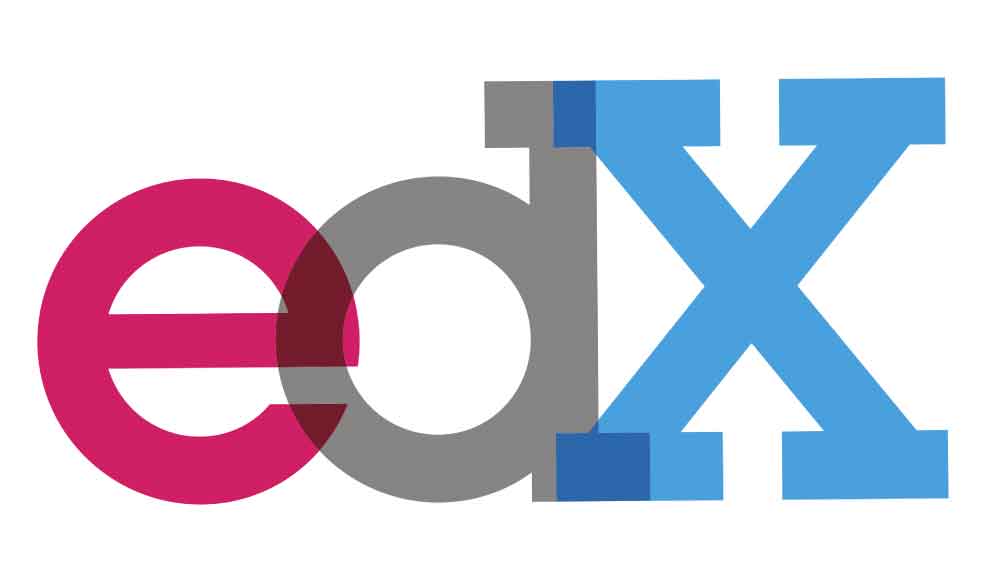edX Courses Create Affordable Opportunities for College Credit
The cost of a college education has skyrocketed from the last generation to the current one. According to the National Center for Education Statistics, in 1985, the average cost to finish school at a 4-year college, including tuition, fees, and room and board expenses, was $12,274 (adjusted for inflation; the actual average cost then was $5,504). In 2017, that amount was more than double, at $26,593.
The ballooning about of student debt, and especially the student debt that is being consistently defaulted on, is evidence that as a society we’re not really doing higher education intelligently. Total student debt reported by the Federal Reserve at the end of 2019 was over $1.6 trillion. In less than ten years, the total debt from outstanding student loans has doubled. In fact, student debt has become so unmanageable that the federal government has had to set up an entire portal for resolving defaulted loans and grants.
Something needs to change before this debt load takes down our whole economy.
You don’t need to go into debt to get a college education. I’ve talked before about several alternatives to attending college that still create pathways for you to earn income that will support you and your family. I’ve also discussed nanodegree programs from Udacity as another solution to expensive education that doesn’t do what it’s supposed to for earning power.
Here’s another opportunity to hack a college education: edX Online Courses.
Whereas the cost of undergraduate credit for college averages about $600, EDX’s MicroBachelors programs have classes that cost only $166 per credit hour. These programs come with certificates of completion that are meaningful to employers, who trust that those who have created and endorsed the programs know what it takes (generally less theory and more hands-on practical training) to prepare people to be successful in a job that requires the skills covered in the course.
What is edX?
edX was founded as an online platform for learning and formal education by Harvard University and the Massachusetts Institute of Technology (MIT) in 2012 as a global non-profit organization dedicated to bringing affordable education to the world, to pretty much anyone connected to the internet. The model under which these courses are taught fits right in with the highly connected, geographically distributed, technology-based society that has grown up over the past thirty years.
In addition to flexible, self-paced classes, edX has assembled a support team that helps students move through the courses successfully.
Now, almost a decade after its founding, edX courses are being taken by over 20 million students. edX courses number close to 2,500 in subject that range from computer science and math to humanities. edX has over 120 institutional partners that include some of the most well-respected universities in the United States and internationally as well as businesses and education related non-profit organizations.
edX has created a six different programs with specific purposes as follows:
- MicroBachelors Program: MicroBachelors programs typically takes 2 to 4 months to complete, although they can be done more quickly or slowly. Successful completion of MicroBachelors programs is rewarded with a certificate of competency. Many employers, especially those companies who are familiar with the edX program, look at these MicroBachelors certificates as indicators of a person’s capability to perform specific tasks using the skills demonstrated in the MicroBachelors degree program. Besides a certificate of completion for courses taken through edX, actual college credit for the program can be obtained. Thomas Edison State University in New Jersey provides credit for most of the edX MicroBachelors programs.
- MicroMasters Program: The edX MicroMasters programs go deeper on specific topics than their MicroBachelors programs. They can be used to advance a person’s career by providing a more thorough exposure to topics like data science, sustainable energy, digital marketing, and dozens of others. MicroMasters program completion can be used to get into an actual graduate degree program from a university, and the credits received while pursuing the MicroMasters program certificate can usually be applied to whichever graduate degree program a student is transferring to.
- Professional Certificate: edX gas created dozens of specialized certificates designed to help people be more capable in their current occupations. Professional certificates from edX include leadership and management courses as well as advanced technical and business classes with content that can be used right away on the job.
- Online Master’s Degree: These programs give students actual master’s degrees from accredited universities, including Georgia Tech, University of Texas, Indiana University, Purdue University, Arizona State University, and Boston University. There are currently 10 master’s degree programs available from edX, all technology and business related.
- Global Freshman Academy: This program is specific to Arizona State University, allowing students from all over the world to take the same classes as offered to freshmen students at ASU. Once the program is completed, credits can be applied to getting a full degree at ASU or they can be transferred to other accredited universities.
- XSeries: XSeries courses present highly specialized content on a wider range of subjects, including lots of history and other humanities classes, than what edX offers in most of its micro programs. These courses are taught by experts in their fields. You can simply take an XSeries course, or you can choose to pay to upgrade your experience to be given a certificate of completion.
For anyone wanting to break the traditional educational mold that straps people with too much debt to overcome over a four-year period that includes too much waste and not enough of the good stuff, edX may be the track you’re looking for.
In recent years, the idea of essentialism has become popular among some of the more conscientious members of society as they evaluate all the things that pull at their attention and that don’t provide value consistent with their greatest contribution to life and their families. Applying the concepts of essentialism (seeking ways to use “less, but better” approaches to ) to education, it makes sense to strip away general education credits and other traditional degree requirements that are unnecessary, but that cost time and money. edX seems to be a natural application of the concept of essentialism to education.






